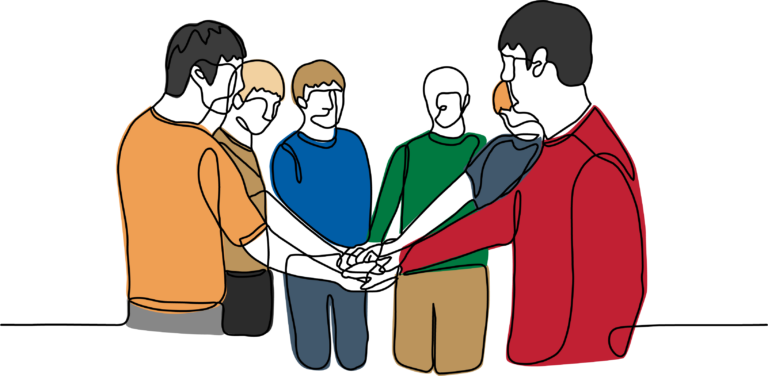A care team for every child
Jan 2025
Written by Noel Macnamara
Every child and young person in out-of-home care deserves more than just a placement—they deserve a network of dedicated people working together to meet their needs, support their growth, and help them thrive. A care team for every child is a promise to prioritise their safety, stability, and overall well-being, no matter their circumstances.
This team-centered approach ensures that no child navigates the complex challenges of care alone. Instead, they are supported by a coordinated group of professionals and caregivers, and family members who work together with one goal: to help the child feel secure, valued, and empowered.

Why a Care Team Is Essential
Out-of-home care often brings uncertainty and disruption, which can leave children feeling isolated and vulnerable. A care team addresses these challenges by providing:
- Consistency: A stable and reliable group of people who remain involved, even when circumstances change.
- Collaboration: A coordinated effort among caregivers, educators, health professionals, and others to meet the child’s unique needs.
- Child-Centred Support: A focus on the child’s voice, strengths, and goals, ensuring they are active participants in decisions about their lives.
What Makes a Care Team Work?
A care team is most effective when it is:
- Personalised: Every child has different needs. The team is built to reflect those needs, bringing together people who can provide the right kind of support.
- Inclusive: The child’s voice is central, but the team also includes family, carers, educators, and others who know and care about the child.
- Holistic: The team addresses every aspect of the child’s life, including their emotional, physical, educational, and cultural needs.
- Flexible: The team adapts as the child grows and their needs evolve, ensuring ongoing and relevant support.
The Impact of a Care Team
With a dedicated care team, children and young people in out-of-home care are no longer left to navigate the system on their own. Instead, they benefit from:
- A Sense of Belonging: Knowing that a group of people is committed to their well-being helps children feel valued and supported.
- Better Outcomes: Coordinated support leads to improvements in mental health, education, and overall life satisfaction.
- Empowerment: When children are included in the care process, they gain confidence and agency over their own lives.

A Care Team Is a Commitment
A care team is more than a meeting—it’s a promise to each child in out-of-home care that they are seen, heard, and cared for. It’s a commitment to help them not only survive but thrive, with the knowledge that they are never alone.
This model represents a shift from simply providing care to building a community of support around every child, ensuring they have the safety, stability, and love they need to create a brighter future.
This care team is more than a framework—it’s a promise to the children and young people in care that they matter, their voices are valued, and they are never alone on their journey.
CETC Deputy Director Noel Macnamara has trained thousands of direct care staff, carers, and organisational leaders in trauma-informed care approaches. Don’t miss Noel’s upcoming workshop on Integrated Care Team Approach to explore using the care team to meet complex needs of children in out-of-home care and youth justice.

